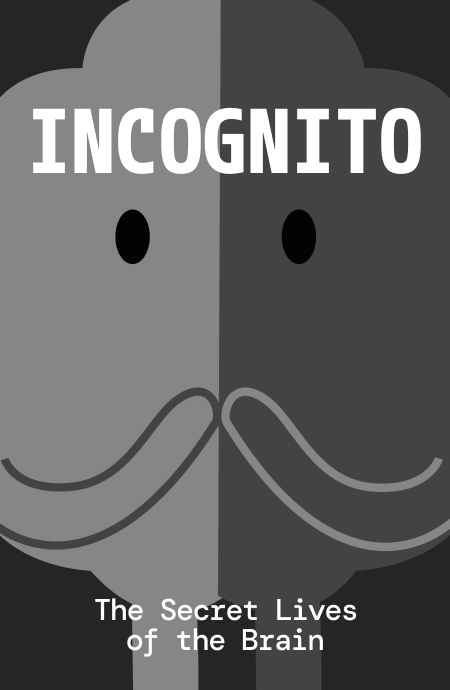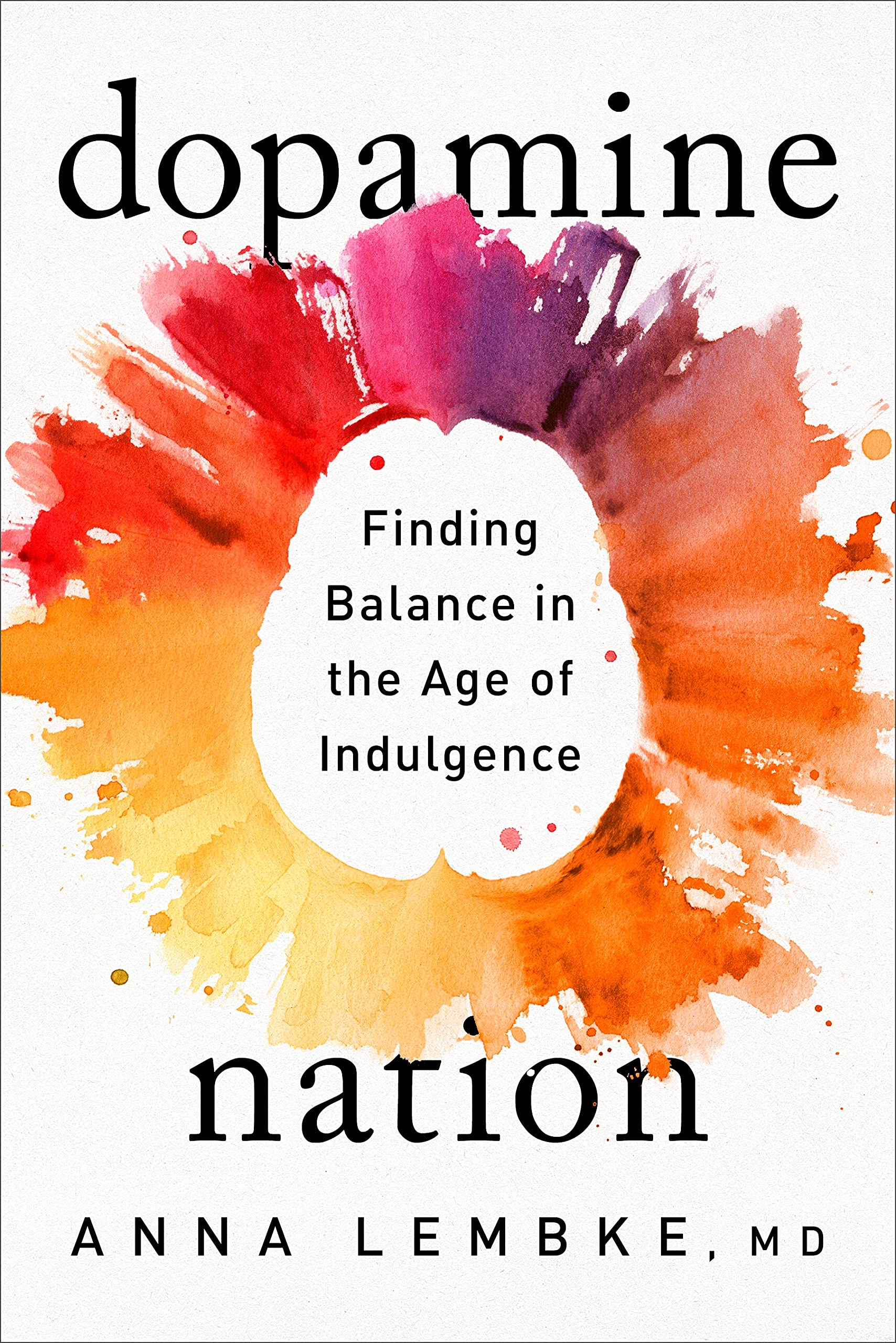LESSON 1. Our feelings, thoughts, and actions are beyond our control.
Being aware of our thoughts, feelings, and actions is a common myth that most people believe to be true. Many people think that they have command over every emotion that they experience. Surprisingly, neurosciences prove them to be false. Much of our brain activity stems from completely physical and biological processes. One is not aware of these processes, and their ability to influence them.
Our vulnerability can be observed in the way our brain processes alterations and changes. For example, people are affected by accidents, death, and illnesses.
An example of this phenomenon is the case of a 40 year-old man. His wife of twenty years suddenly observed his obsession with child pornography. He developed this obsessive behavior out of the blue. After a medical test, the doctors discovered a massive tumor that had developed in the part of his brain that was responsible for decision making. The ‘orbitofrontal cortex’ is responsible for the major decision making tasks of the brain. Once, the surgeons performed the surgery and took the tumor out, his sexual desires returned to normal.
Despite these more prominent instances, there are other subtle instances where we do not have any control and command over our minds. This inability to manipulate and control our minds is often for the best. Most processes in our brain, like decision making, work best automatically. Our conscious mind would actually hamper the process and slow it down.
For example, you ask a musician to focus only on their fingers and its movements, while they’re playing a piece. The musician will find this to be very difficult and the music will not be quite good. It is much easier if she concentrates on the music. Her fingers will play as if on auto-pilot and she will be able to perform the song without the commands from her conscious mind.
The author also asks us to consider the example of baseball. The author makes mathematical calculations about the speed of the fastballs and the process of decision making. He questions why the batsmen rarely miss the fastballs. He concludes by saying that, they leave the conscious part of their brain behind, the one that is needed for making decisions. They act naturally, by instinct. It is similar to the way we might duck if something comes towards us suddenly.
LESSON 2. Reality is just a hallucination.
If we take a look outside, we come across an image that is known to us. Do you believe that
Unlock Knowledge with Wizdom App
Explore a world of insights and wisdom at your fingertips with the Wizdom app.
 1 Million+ App Download
1 Million+ App Download  4.9App Store Rating
4.9App Store Rating 5000+Summaries & Podcasts
5000+Summaries & Podcasts








